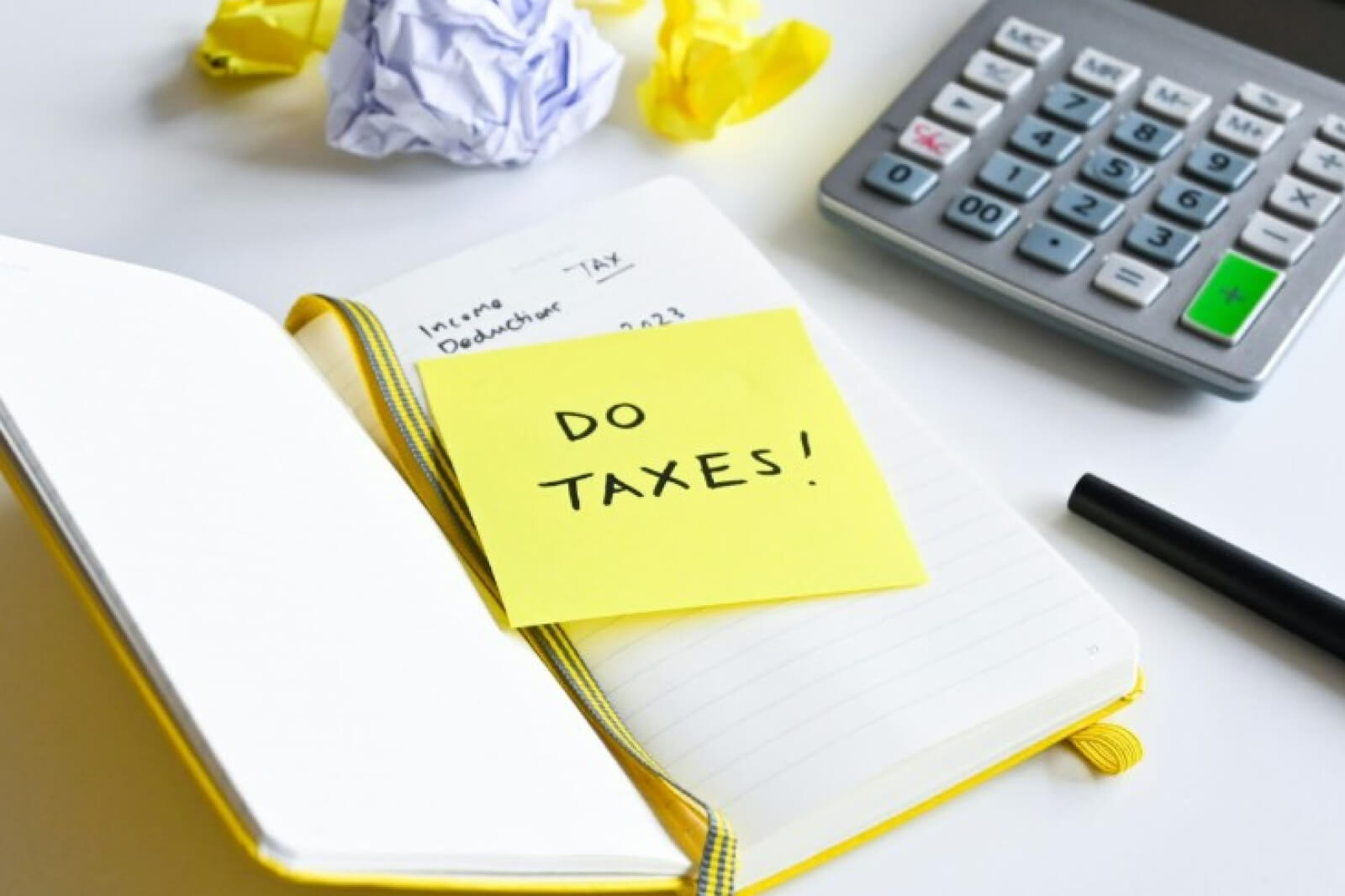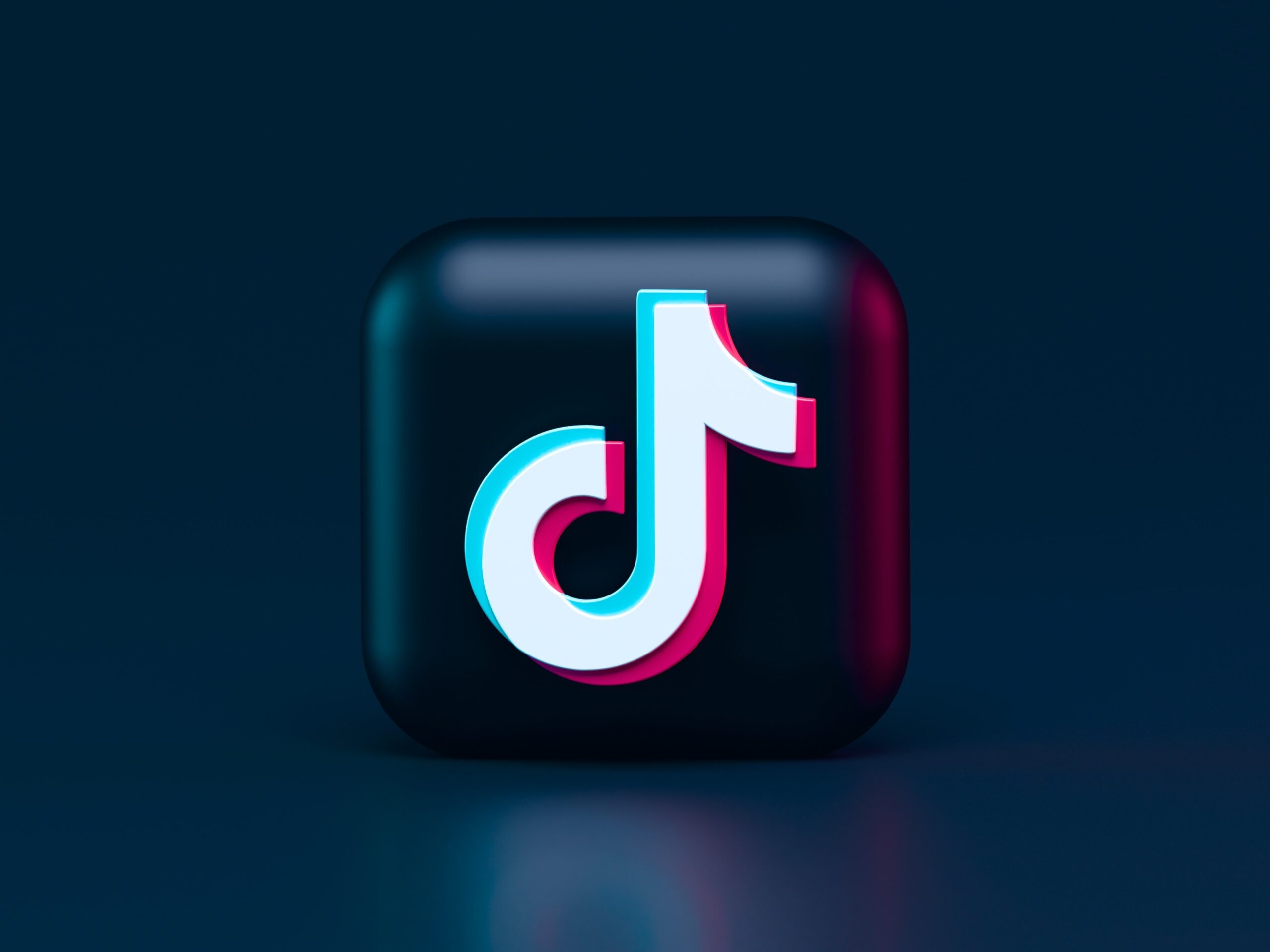To answer this question in one word… YES! But before you run off and sign up for your 401(k) retirement savings plan with your employer, learn why having one is so important and how it can benefit you in the future. You never know what twists and turns your life will take, so planning ahead financially is smart and gives you security for you and your family. A 401(k) is a plan sponsored by your employer that helps you save retirement funds by taking a certain percentage from your pre-tax paycheck, in case you aren’t already in-the-know. Here are the most important reasons a 401(k) is right for you.
![]()
Loan Options
While the main reason for a 401(k) is to provide for retirement, some plans allow for loans to be taken from them before you retire. For instance, Practical Money Skills explains, “Many plans allow you to borrow from your account for specific reasons, such as buying a primary residence, paying for education or medical expenses, or in case of severe economic hardship. A loan usually must be paid back with interest within five years, and as long as you remain employed by the company, you can pay it back without incurring any income tax liability. The interest you pay goes directly into your account.” And Bankrate adds, “The repayment period is often extended for homebuyers.”
Additionally, Bankrate advises that a loan from a 401(k) is a smart investment for career advancement. “A 401(k) loan might be useful for acquiring educational credentials needed to keep your job or advance your career. After all, if it results in a boost to your earnings, you’ll be able to save more for your retirement and other worthy financial goals.” Plus, you can usually pay back the loan via automatic paycheck deductions, as per Forbes.
Just be sure before you take out a loan from your 401(k) that it’s the best option you can choose. If you can find another loan with a better interest rate, payback schedule, or other perks, leave your money to grow your retirement savings.
Tax Deductions
According to Kiplinger, “One key benefit of a 401(k) is the tax advantage. Your contributions aren’t subject to federal or state taxes, so you can rack up substantial savings.” Practical Money Skills explains, “That’s because your contribution comes out of your paycheck before income taxes are deducted. That means your taxable income is less, which in turn lowers your tax bill. Thus, you “defer” or postpone paying income tax on your 401(k) savings and any investment earnings they may accumulate until you withdraw the money at retirement. For many people, their income – and therefore income tax rate – is lower at retirement, so they’re paying a smaller amount of tax on the money. Plus, if you happen to retire to a state that has no or very low state income tax, you’ll be that much further ahead.”
Additionally, CNN Money notes a specific type of 401(k) plan called the Roth 401(k) which, “offers a tax break that essentially acts as the reverse of the traditional 401(k): You do have to pay tax on your contributions, but you won’t have to pay any tax when you withdraw the money in retirement. So all the money in your account grows tax free.”
Matching Contributions
Many companies will match the contribution you put into your retirement savings. U.S. News & World Report recommends taking full advantage of any company match. “Check with your company’s human resources department to find out if your employer offers matching 401(k) contributions. If so, make sure you are contributing enough to take full advantage of the match. If you don’t you are leaving ‘free’ money on the table.”
Practical Money Skills gives this example, “A common match might be 50 percent of the first 6 percent of pay you save. Under that scenario, someone whose annual salary is $35,000 and who contributes 6 percent to the plan ($2,100) would receive an additional $1,050 in matching employer contributions.” Not too shabby!
CNN Money adds, “The match effectively increases your income without increasing your tax bill, since you pay no taxes on matching contributions until you withdraw them in retirement.” It’s a win-win since “The employer’s match money typically vests over 3 or 4 years, meaning you have to keep working for the company for that amount of time before all the matching funds are yours to keep.”
Start Now!
As per Wall Street Journal, “Most companies allow you to enroll in a 401(k) right away, although some smaller employers might make you wait up to a year.” The sooner you start, the more money you’ll accrue over time. One day you’ll be able to retire stress-free with money to spend on the things that make you happy – you deserve it!
string(5855) "To answer this question in one word… YES! But before you run off and sign up for your 401(k) retirement savings plan with your employer, learn why having one is so important and how it can benefit you in the future. You never know what twists and turns your life will take, so planning ahead financially is smart and gives you security for you and your family. A 401(k) is a plan sponsored by your employer that helps you save retirement funds by taking a certain percentage from your pre-tax paycheck, in case you aren't already in-the-know. Here are the most important reasons a 401(k) is right for you.
![]()
Loan Options
While the main reason for a 401(k) is to provide for retirement, some plans allow for loans to be taken from them before you retire. For instance, Practical Money Skills explains, "Many plans allow you to borrow from your account for specific reasons, such as buying a primary residence, paying for education or medical expenses, or in case of severe economic hardship. A loan usually must be paid back with interest within five years, and as long as you remain employed by the company, you can pay it back without incurring any income tax liability. The interest you pay goes directly into your account." And Bankrate adds, "The repayment period is often extended for homebuyers."
Additionally, Bankrate advises that a loan from a 401(k) is a smart investment for career advancement. "A 401(k) loan might be useful for acquiring educational credentials needed to keep your job or advance your career. After all, if it results in a boost to your earnings, you'll be able to save more for your retirement and other worthy financial goals." Plus, you can usually pay back the loan via automatic paycheck deductions, as per Forbes.
Just be sure before you take out a loan from your 401(k) that it's the best option you can choose. If you can find another loan with a better interest rate, payback schedule, or other perks, leave your money to grow your retirement savings.
Tax Deductions
According to Kiplinger, "One key benefit of a 401(k) is the tax advantage. Your contributions aren't subject to federal or state taxes, so you can rack up substantial savings." Practical Money Skills explains, "That's because your contribution comes out of your paycheck before income taxes are deducted. That means your taxable income is less, which in turn lowers your tax bill. Thus, you "defer" or postpone paying income tax on your 401(k) savings and any investment earnings they may accumulate until you withdraw the money at retirement. For many people, their income – and therefore income tax rate – is lower at retirement, so they're paying a smaller amount of tax on the money. Plus, if you happen to retire to a state that has no or very low state income tax, you'll be that much further ahead."
Additionally, CNN Money notes a specific type of 401(k) plan called the Roth 401(k) which, "offers a tax break that essentially acts as the reverse of the traditional 401(k): You do have to pay tax on your contributions, but you won't have to pay any tax when you withdraw the money in retirement. So all the money in your account grows tax free."
Matching Contributions
Many companies will match the contribution you put into your retirement savings. U.S. News & World Report recommends taking full advantage of any company match. "Check with your company's human resources department to find out if your employer offers matching 401(k) contributions. If so, make sure you are contributing enough to take full advantage of the match. If you don't you are leaving 'free' money on the table."
Practical Money Skills gives this example, "A common match might be 50 percent of the first 6 percent of pay you save. Under that scenario, someone whose annual salary is $35,000 and who contributes 6 percent to the plan ($2,100) would receive an additional $1,050 in matching employer contributions." Not too shabby!
CNN Money adds, "The match effectively increases your income without increasing your tax bill, since you pay no taxes on matching contributions until you withdraw them in retirement." It's a win-win since "The employer's match money typically vests over 3 or 4 years, meaning you have to keep working for the company for that amount of time before all the matching funds are yours to keep."
Start Now!
As per Wall Street Journal, "Most companies allow you to enroll in a 401(k) right away, although some smaller employers might make you wait up to a year." The sooner you start, the more money you'll accrue over time. One day you'll be able to retire stress-free with money to spend on the things that make you happy – you deserve it!
"












